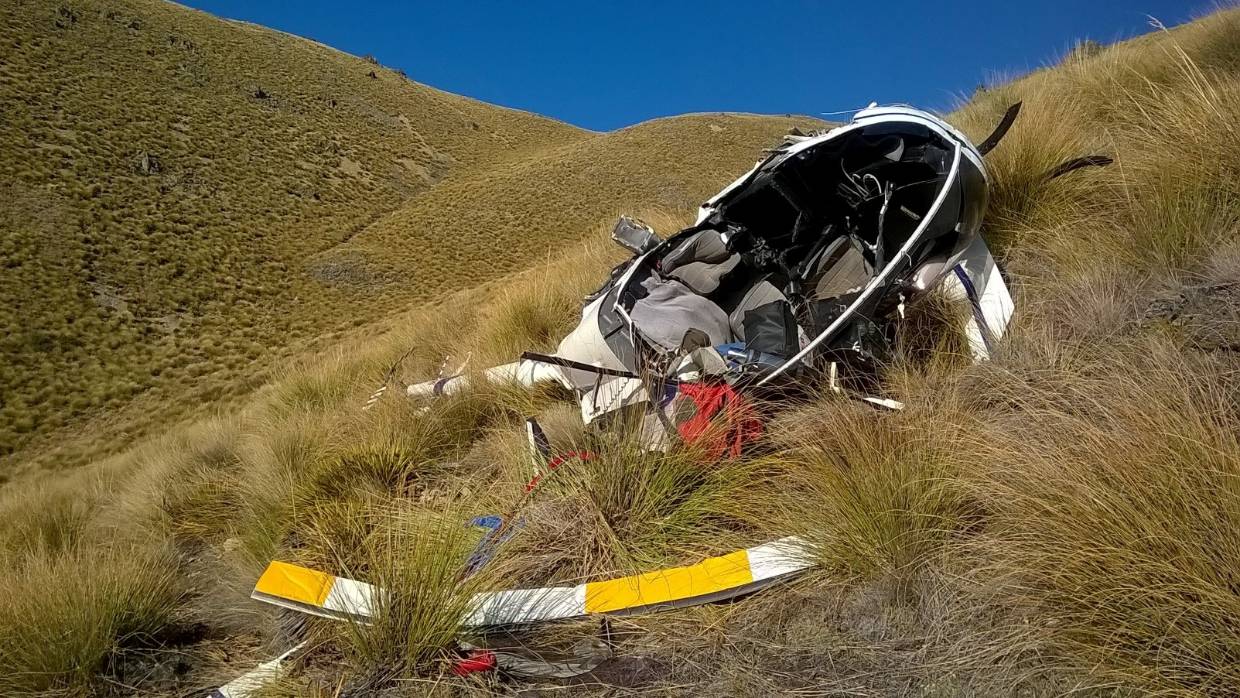Book A Demo
To book a demo please complete the form and we will come back to you shortly.
To book a demo please complete the form and we will come back to you shortly.
New Zealand

Safety regulator the Civil Aviation Authority seems to be ducking and weaving – but failing to front up – to accusations of a dangerous “dysfunction and distrust” at the heart of the organisation’s culture.
As heads start to roll in the Civil Aviation Authority scandal, it’s a timely lesson for us all that robust independent whistleblower systems are crucial for a healthy, open organisational culture.
According to news reports, 20 formal complaints have been made about the CAA in the last three years alone, including accusations of safety concerns within the organisation, bullying and sexual harassment. Included in those complaints is criticism about the behaviour of managers and a particular focus on helicopter and health and safety unit managers.
Making matters worse, CAA staff (speaking anonymously) say they are wary of reporting issues they encounter, because there is a “a culture of secrecy and cover-up” and employees “don’t trust the process”.
“There’s a lot of toxic atmosphere,” one source says. There is “a lot of internal strife” and “there’s a lot of bullying”.
Even more recently the Civil Aviation Authority has been accused of making misleading public statements following a fatal helicopter crash that killed seven people in 2015.
While it’s clear that all is not well in the CAA, the criticisms have fallen on deaf ears within the organisation, at least as far as director Graeme Harris is concerned. He has responded to the accusations defensively, questioning the motives of the whistleblowers, and claiming that the CAA in fact has a “very good” work culture with a “very robust process” for dealing with complaints.
“I am concerned that somebody would go external without raising concerns internally.”
A recent Australian study into internal whistleblowing in the public sector entitled Internal Whistleblowing in the Public Service: A Matter of Trust, found that nearly all whistleblowers do, in fact, start the process by reporting wrongdoing within the organization rather than outside.
“External whistleblowing is considered to occur later in the process, often when an organization has failed to address initial reports.”
“Ethical leadership is critical for encouraging ethical conduct, including a willingness to engage in internal whistleblowing,” says the report.
“As organizationally sanctioned representatives, senior managers symbolize the organization and its values…By occupying top positions, senior managers’ actions set the tone in the organization with respect to integrity.”
The report says that, when it comes to controlling ethical violations, the buck ultimately stops with senior managers.
“Since it is the responsibility of management to prevent and correct ethical violations, their existence in the workplace can signal a failure by senior managers to uphold this responsibility, and suggest that the organization tolerates them.”
The CAA has been called to account for several high profile crashes in recent memory. The 2015 Fox Glacier helicopter crash that killed seven found that, before the crash, the CAA had identified “significant and repetitive non-compliance issues” with the operator’s training system and managerial oversight that warranted intervention but failed to intervene.
“The Civil Aviation Authority identified significant non-compliances with the operator’s training system and with managerial oversight prior to the accident. However, the CAA did not intervene and the operator was allowed to continue providing helicopter air operations,” says TAIC Chief Commissioner Jane Meares.
“The Commission is concerned that there could be a wider safety issue whereby other civil aviation operators during the same period could have significant non-compliances that were not identified or not resolved.”
Add to this the 2003 Air Adventures crash that killed eight people and the 2012 Carterton hot air balloon crash that killed 11 – both of which featured pilots about whom complaints had been received by the CAA and both of which the CAA had not grounded.
Now, Nigel Gould, chairman of the Civil Aviation Authority, has stepped down – and transport minister Phil Twyford has stepped in, promising that a senior Ministry of Transport official will sit down with the whistleblower and “listen to what they have to say.”
He says he will also “guarantee [the] confidence and anonymity” of any CAA whistleblower.